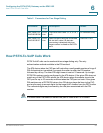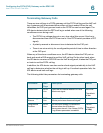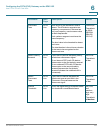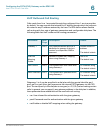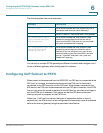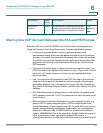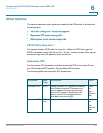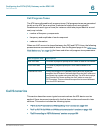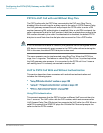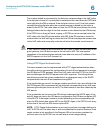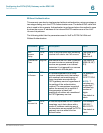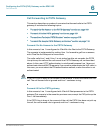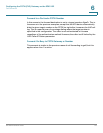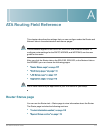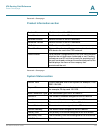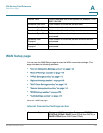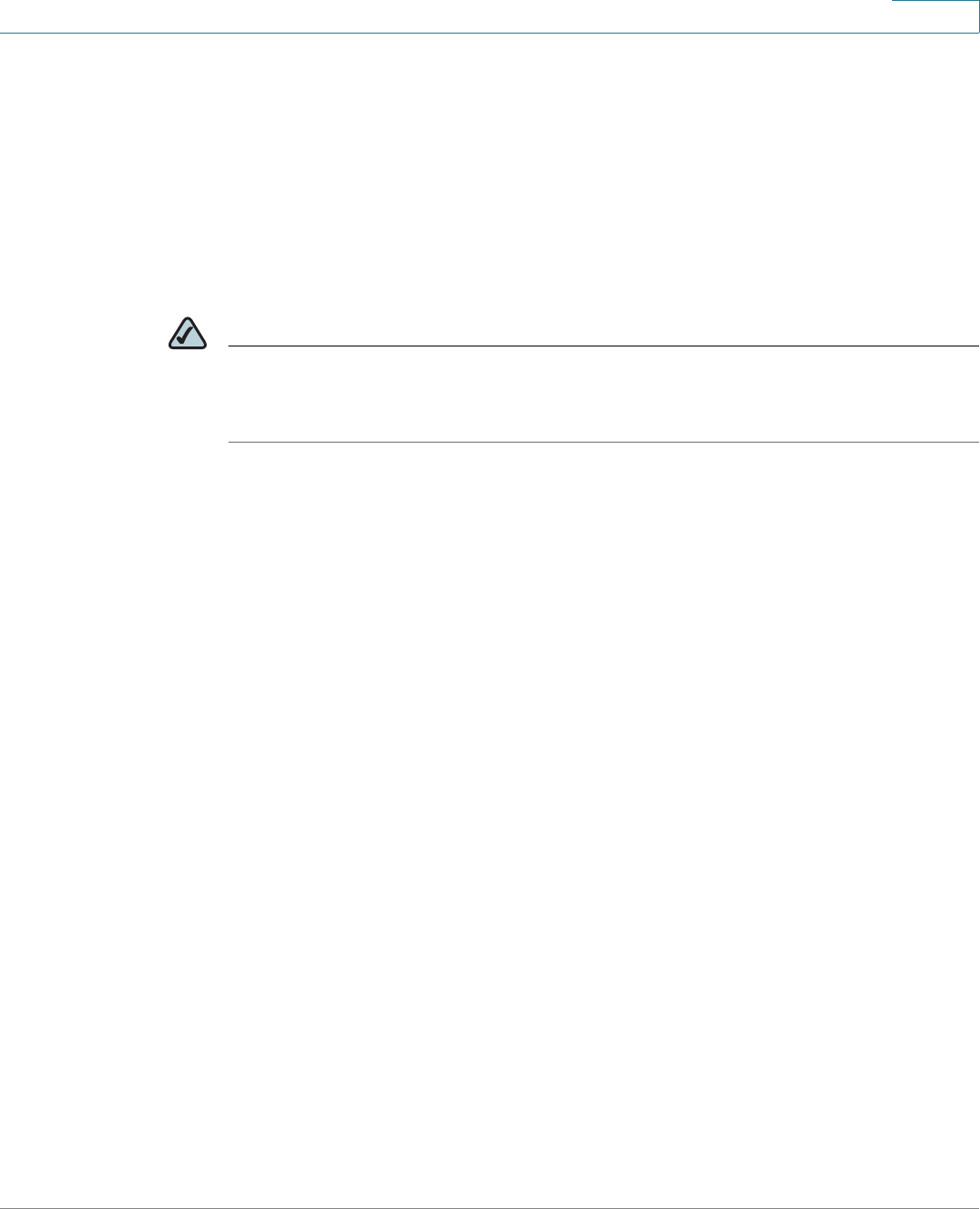
Configuring the PSTN (FXO) Gateway on the SPA3102
Call Scenarios
ATA Administration Guide 106
6
PSTN to VoIP Call with and Without Ring-Thru
The PSTN caller calls the PSTN line connected to the FXO port. Ring-Thru is
disabled. After the call rings for a delay equal to the value in
PSTN Answer Delay
,
the VoIP gateway answers the call and prompts the PSTN caller to enter a PIN
number (assuming PIN authentication is enabled). After a valid PIN is entered, the
caller is prompted to dial the VoIP number. A dial plan is selected according to the
PIN number entered by the caller. If authentication is disabled, the default PSTN
dial plan is used. Note than the dial plan choice cannot be 0 for a PSTN caller.
NOTE A
PSTN Access List
in terms of Caller ID (ANI) patterns can be configured into the
ATA device to automatically grant access to the PSTN caller without entering the
PIN. In this case, the default PSTN dial plan is also used.
The same scenario can be implemented using Ring-Thru. When the PSTN line
rings, Line 1 rings also. This feature is called
Ring-Thru
. If Line1 is picked up before
the VoIP gateway auto-answers, it is connected to the PSTN call. Line 1 hears a
call waiting tone if it is already connected to another call.
VoIP to PSTN Call With and Without Authentication
This section describes three scenarios with and without authentication and
includes the following topics:
• ”Using PIN Authentication” section on page106
• ”Using HTTP Digest Authentication” section on page107
• ”Without Authentication” section on page108
Using PIN Authentication
This scenario assumes that the PSTN Line has a different VoIP account than the
Line 1 account. The VoIP caller calls the FXO number, which auto-answers after
VoIP Answer Delay
. The ATA device then prompts the VoIP caller for a PIN. When a
valid PIN is entered, the SPA3102 plays the
Outside Dial Tone
and prompts the
caller to dial the PSTN number.



